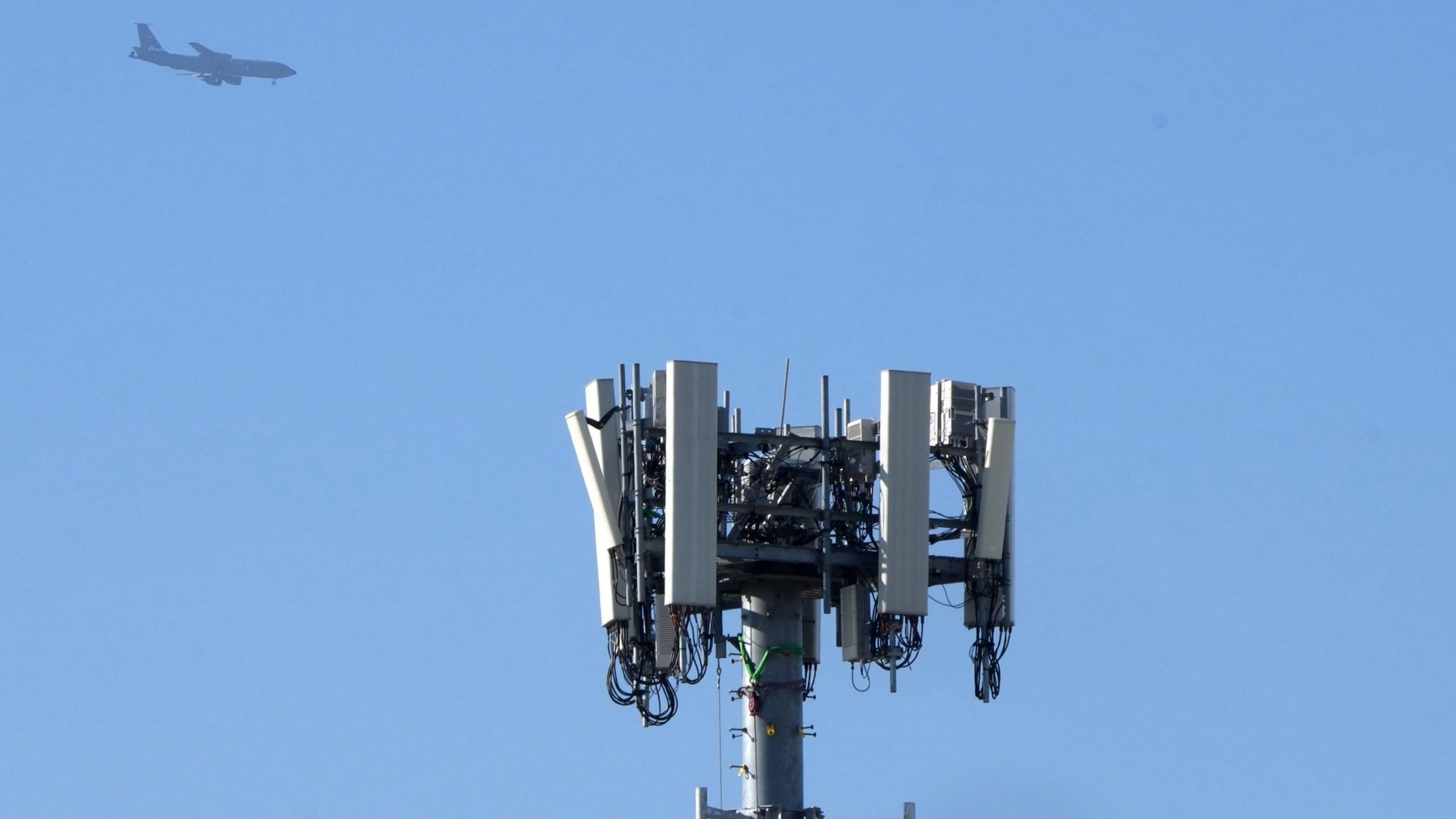Live Classes

The roll-out of 5G services near airports is posing a challenge to airlines.
Almost 11 months after the United States’ leading telecommunications companies won bids for $81 billion worth of C-band radio spectrum to roll out 5G services, the much-awaited introduction hit a major snag this week after the country’s leading airlines warned of massive flight disruptions if the wireless technology was put into operation, especially around the nation’s airports. In a compromise on the eve of the planned roll-out on January 19, AT&T and Verizon agreed to delay introduction of the new wireless service near key airports. The two major telcos’ commitments notwithstanding, several domestic and international airlines flying to the U.S. have announced major rescheduling as well as the possibility of cancellation of flights to several destinations citing warnings from the Federal Aviation Administration (FAA) and aircraft makers that accurate functioning of radar altimeters in some aircraft may be affected by the 5G radio frequencies. The altimeters provide information on an aircraft’s altitude and are a crucial part of flight operations for pilots, particularly while seeking to make low-visibility landings in inclement weather. At the heart of the impasse lies the fact that both the 5G services and some flight equipment operate on the same C-band radio spectrum, with only the frequencies varying. The FAA has said it is working with altimeter manufacturers to evaluate data from the wireless companies to determine how robust each model is, and, if required, have the devices retrofitted or replaced.
Download pdf to Read More